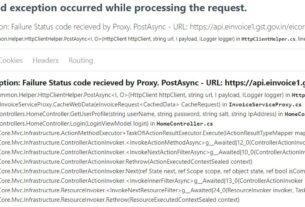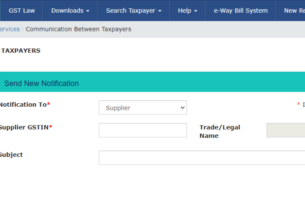16.07.2017: The buying and selling of second-hand goods will not attract Goods and Services Tax (GST) if sold at a price cheaper than the purchase price, the government said on Saturday.
Rule 32(5) of the Central Goods and Services Tax (CGST) Rules, 2017, provides that where a taxable supply is provided by a person dealing in buying and selling of second-hand goods or used goods as such or after such minor processing which does not change the nature of the goods and where no input tax credit has been availed on the purchase of such goods, the value of supply shall be the difference between the selling price and the purchase price and where the value of such supply is negative, it shall be ignored. This is known as the margin scheme.
The clarification comes after doubts were raised regarding the applicability of the Margin Scheme under the GST for dealers in second-hand goods in general and for dealers in old and used empty bottles in particular.
The value will be the difference between selling and purchase price. If the value of such supplies is negative then it will be ignored. Provided there is no change in nature and credit on purchased second-hand goods is not availed by the dealer. In case the value determined is negative, i.e. goods are sold at loss then tax will not be payable,”.
Thus, Margin Scheme can be availed of by any registered person dealing in buying and selling of secondhand goods (including old and used empty bottles) and who satisfies the conditions as laid down in Rule 32(5) of the Central Goods and Services Tax Rules, 2017. Read more from original source
Related Links
Latest News on GST Rates
The government revises the GST rates as and when it requires. Generally, the rate revisions take place in the GST council meetings. Visit our home page to check out the latest GST news and updates. more
Introduction to GST
The GST stands for “Goods and Service Tax”. The GST was implemented in India from 01st July 2017. The government collects IGST, CGST, SGST, and Cess as various types of taxes under this system. more
Due dates of GST returns
The GST returns must be filed on or before the due dates by the taxpayers. Failing to file the returns within the given timeline attracts late fees. more
Applicability of e invoice under GST
E-invoice is compulsory from 01st April 2021 for taxpayers with a turnover of Rs. 50crore. The earlier limit was 100 crore. more



